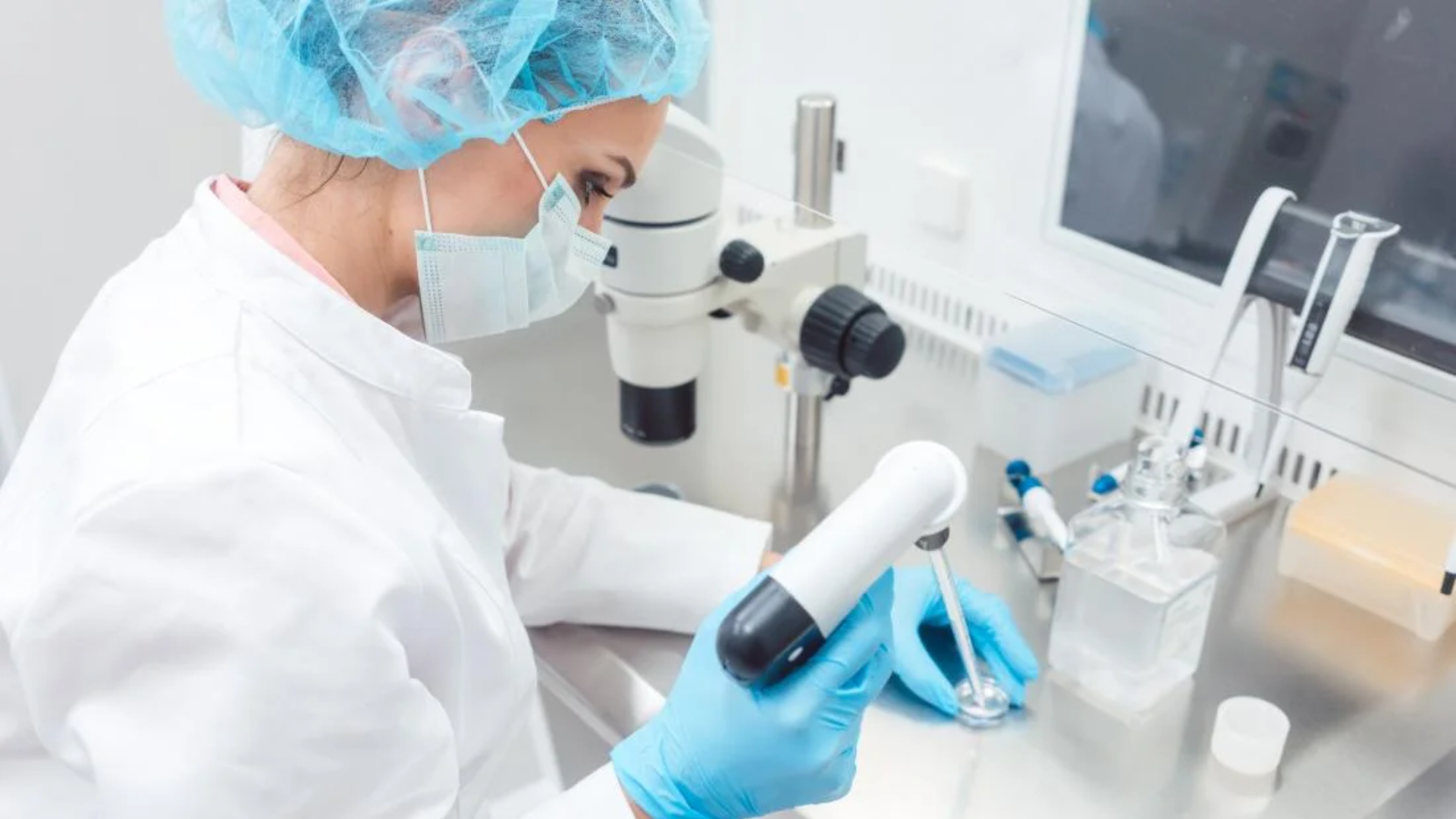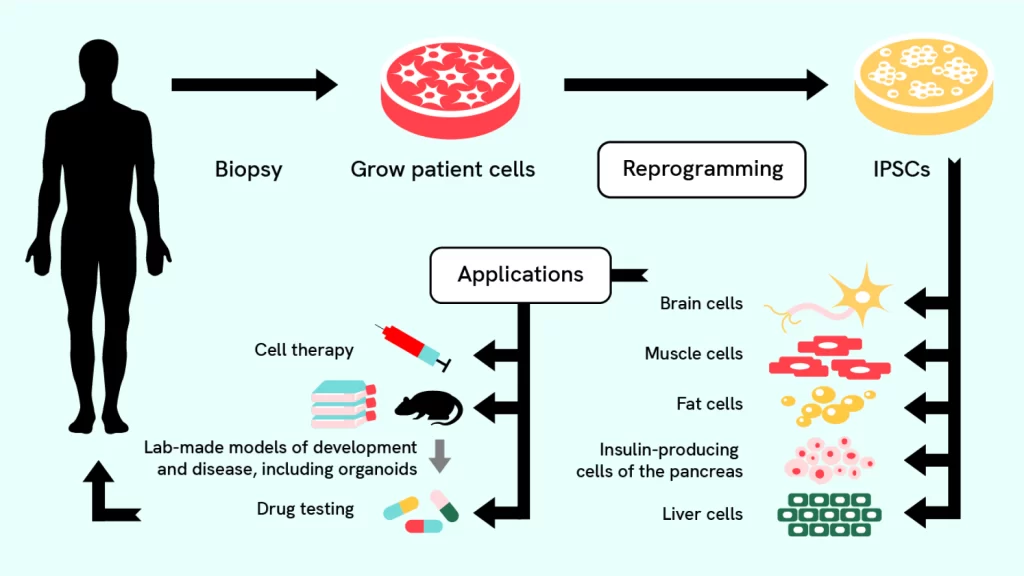Stem Cell Research: A Beacon of Hope for the Future

Stem cells, often referred to as the body’s “master cells,” hold immense potential to revolutionize medicine. Their ability to differentiate into various cell types offers exciting possibilities for treating a wide range of diseases and injuries.

Promising Applications of Stem Cell Research
- Regenerative Medicine:
- Tissue Repair: Stem cells can be used to repair damaged tissues, such as those affected by heart disease, spinal cord injuries, or diabetes.
- Organ Replacement: In the future, it may be possible to grow entire organs from stem cells, reducing the need for organ transplants.
- Disease Modeling:
- Understanding Pathogenesis: Stem cells can be used to create disease models, providing valuable insights into the underlying mechanisms of various conditions.
- Drug Discovery: By studying diseases in a dish, researchers can develop more targeted and effective treatments.
- Drug Development:
- Toxicity Testing: Stem cells can be used to test the toxicity of new drugs before they are administered to humans.
- Personalized Medicine: Stem cells derived from individual patients can be used to develop personalized treatment plans.
- Cancer Treatment:
- Immunotherapy: Stem cells can be used to develop novel immunotherapy approaches that harness the body’s immune system to fight cancer.
- Tumor Modeling: Stem cells can be used to create models of tumors, aiding in the development of more effective cancer therapies.
Overcoming Challenges
While stem cell research offers tremendous promise, it also faces several challenges:
- Ethical Considerations: The use of embryonic stem cells raises ethical concerns, particularly regarding the creation and destruction of embryos.
- Technical Hurdles: Growing and differentiating stem cells into specific cell types can be difficult and requires significant technical expertise.
- Immune Rejection: When stem cells are transplanted into the body, they may be rejected by the immune system.
Despite these challenges, stem cell research continues to make significant progress. With ongoing advancements in technology and ethical considerations, the future of stem cell therapy looks increasingly bright.

